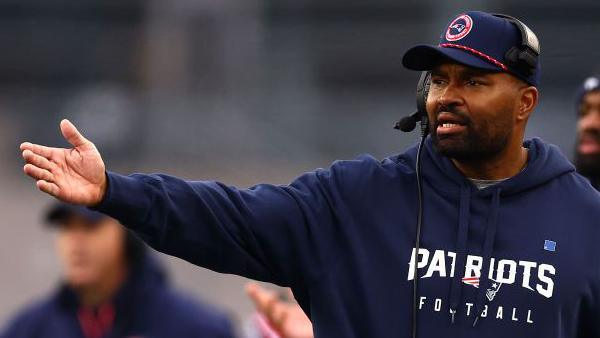After the New England Patriots’ tough loss to the Arizona Cardinals, Jerod Mayo, the team’s linebacker and captain, did something unexpected that caught the attention of both executives and coaches. While many assumed that Mayo, known for his leadership and seriousness, would take the opportunity to dissect the game and analyze film on the plane ride back, he chose a more relaxed approach. Instead of engaging in football analysis with the coaching staff or reviewing plays with assistants, Mayo surprised everyone by opting to play cards with some of the players on the plane. This unorthodox decision stood out as a stark contrast to what would typically be expected of a player in his position after a defeat.

Mayo’s decision to play cards rather than focus on the game film sent a message that might have been interpreted in multiple ways. Some could view it as a sign of confidence and maturity, understanding that the team needed a mental break from the pressures of the loss. After all, the NFL season is long and taxing, and sometimes, giving players a chance to unwind could prove beneficial for morale. It showed that Mayo wasn’t solely focused on analyzing mistakes but also on maintaining a positive team dynamic and keeping the mood light in the face of adversity.
However, the decision was not without its criticisms. Patriots executives and coaches were reportedly “surprised” by Mayo’s choice to prioritize a card game over film study. In a league where the expectation is that players take every opportunity to improve, particularly after a loss, some might have questioned Mayo’s commitment to learning from the defeat. The move appeared to challenge the very culture of meticulous preparation that the Patriots are known for under coach Bill Belichick, whose teams are famous for their focus and discipline. It raised the question of whether Mayo’s approach could set a precedent for the team or whether it was simply an isolated instance of unwinding.

Despite the mixed reactions, it’s clear that Mayo’s leadership style is unique. His choice to decompress with teammates reflected a human side to the game, where mental well-being and camaraderie can sometimes be just as important as film study and tactical adjustments. It’s also possible that Mayo’s decision served as a reminder to the team that there is more to success than just obsessing over every detail. In the end, his action might have been a subtle reminder to his teammates that while preparation is critical, so is maintaining a balanced mindset in the face of failure and adversity.